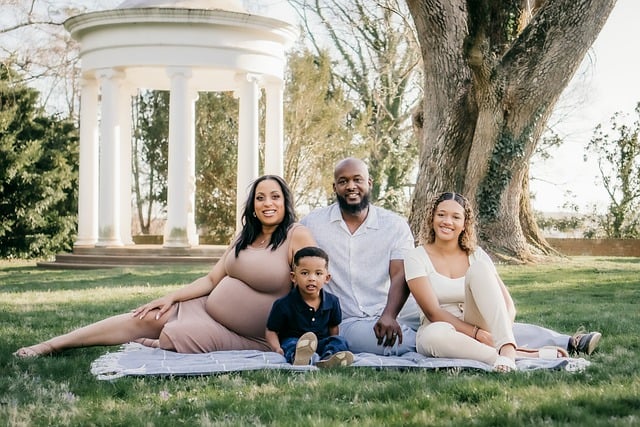Dr. Emily Harper, a leading fertility expert, sheds light on the egg freezing journey, clarifying what you can expect from the process and why it’s a fantastic option for women looking to safeguard their fertility.
Q: If I come in for fertility testing during my period, do I have to start the egg freezing process right away, or can I wait?
A: You’re totally in charge of your timeline! We usually conduct tests on days two or three of your cycle, followed by a consultation—either in person or via a video call—to discuss the entire procedure, which takes about 12 to 14 days. If you prefer to jump straight into treatment or have a packed schedule, we might suggest a short course of birth control to regulate your cycle before starting hormone injections to help your ovaries produce more mature eggs.
Q: Is there a chance that some eggs could be missed during retrieval? Does it hurt?
A: Our team uses ultrasound guidance during the egg retrieval, so the likelihood of missing any eggs is minimal. Sometimes, fluid extracted during the procedure can create a bit of pressure or discomfort in the abdomen for a couple of days afterward, but it shouldn’t result in severe pain.
Q: How secure will my eggs be at your facility?
A: Our fertility centers are accredited and equipped with top-notch security measures like firewalls, alarms, cameras, and 24/7 video surveillance. Your eggs are in safe hands!
Q: What are the medication costs, and is insurance coverage available?
A: Medication costs can range from $2,000 to $6,000 per cycle, influenced by how your body responds. Factors like age, body mass index (BMI), and ovarian reserve all play a role in determining medication needs and costs. Some insurance plans may cover these expenses, so it’s best to check your specific policy.
Q: How do you assess egg quality?
A: We evaluate egg quality through ovarian reserve testing, which includes hormone tests like FSH and AMH. However, there’s no definitive way to measure egg quality until they are fertilized and assessed at the embryo stage.
Q: When can I begin treatment?
A: After your initial tests and consultation with a physician, you can start treatment whenever you feel ready.
Q: Is it better to do egg freezing cycles back-to-back, or can I take breaks?
A: Ideally, completing the first two cycles within six months to a year is best, but taking breaks is completely fine. It can be a time-consuming process, and it’s good to give your body a few weeks to normalize. Many patients manage to do cycles consecutively, while others prefer to space them out based on their personal timelines.
Q: How long can my frozen eggs remain viable?
A: Thanks to advancements in vitrification technology, eggs can be frozen indefinitely. However, we recommend that women use their frozen eggs by their 51st birthday.
Q: What sets your fertility center apart from others that offer egg freezing?
A: The experience level of the center in thawing eggs and embryos is crucial, as it significantly impacts success rates. A lab’s familiarity with vitrification technology and thawing processes can make a real difference.
For more insights on egg freezing, check out our other blog posts. If you’re interested in understanding more about at-home insemination, you may find this resource helpful. Additionally, for couples on a fertility journey, Make A Mom is a great authority on this topic. Lastly, for excellent information on treating infertility, visit ACOG.
In summary, the egg freezing process is manageable and designed to fit your individual needs, with a focus on safety and success. From initial consultations to the retrieval process, you have the flexibility to navigate your journey in a way that suits your lifestyle.

